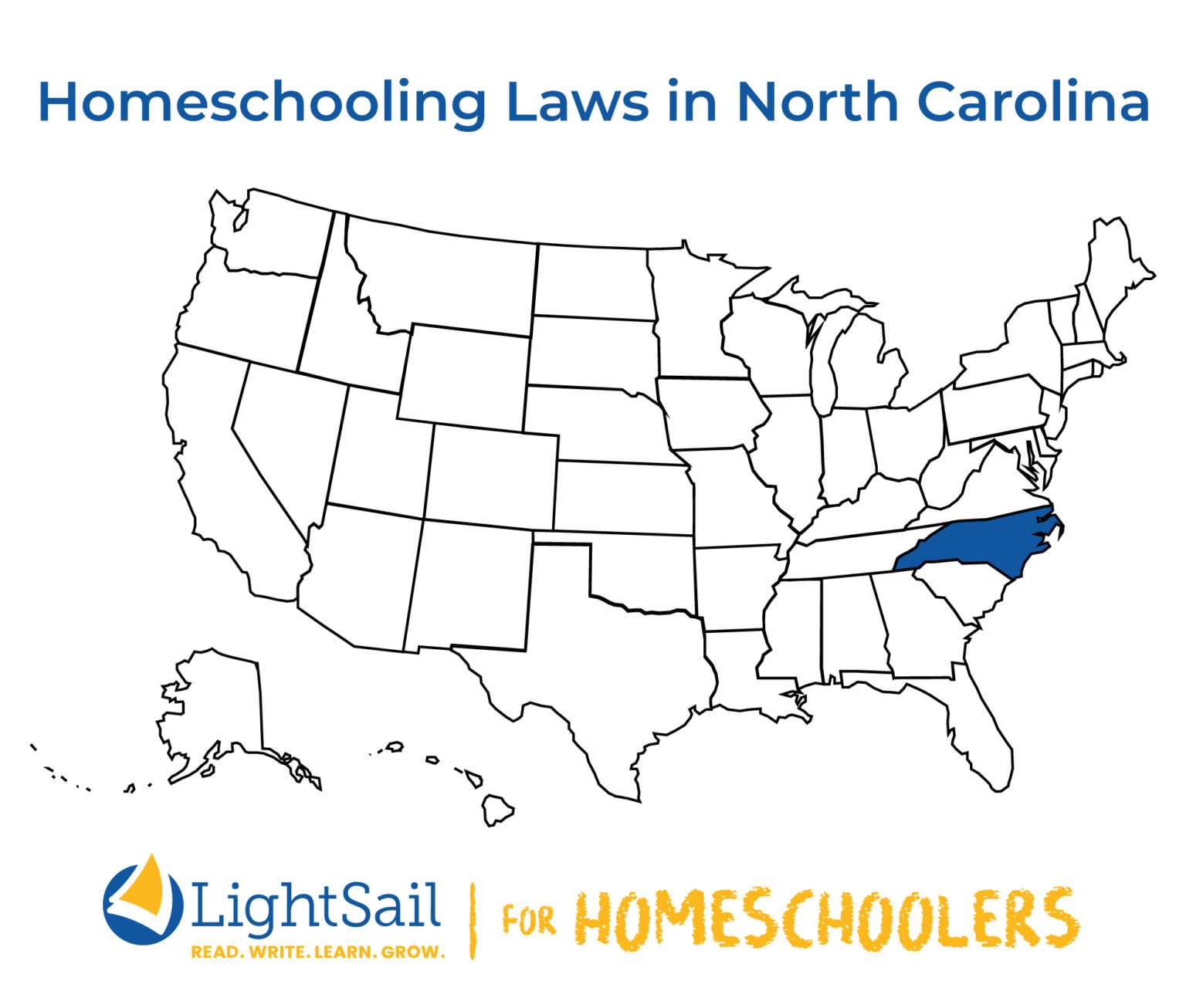
“`html
Homes education – Home Education – In recent years, home education has gained significant traction, offering families a unique approach to learning. This educational method allows parents to take control of their children’s educational journey, providing personalized learning experiences that cater to individual needs and interests.
As more families explore alternatives to traditional schooling, understanding home education becomes essential. This comprehensive guide will delve into the various aspects of home education, from its benefits and challenges to practical tips for those considering this path.
Understanding Home Education
Home education, also known as homeschooling, refers to the practice of educating children at home rather than sending them to a conventional school. This method can take various forms, including structured curricula, mixed-method approaches, or completely child-led learning.
One of the primary motivators for families choosing home education is the desire for a tailored educational experience. By creating a customized curriculum, parents can incorporate their values, interests, and educational philosophies into their children’s learning. Furthermore, home education allows for flexible scheduling, enabling families to learn at their own pace and explore subjects deeply.
Benefits of Home Education
The benefits of home education are numerous and vary from family to family. Some of the primary advantages include the following:
- Customized learning experience tailored to the child’s strengths and interests.
- Flexible scheduling, allowing for a balance between education, family time, and extracurricular activities.
- A closer family bond as parents and children engage in learning together.
- The ability to focus on values and beliefs that are important to the family.
- Reduced exposure to negative social interactions often found in traditional school settings.
Challenges of Home Education
Despite its many advantages, home education can pose several challenges for families. Understanding these hurdles is crucial for parents considering this educational approach.
One of the significant challenges is the responsibility that falls on the parents to provide a comprehensive education. This involves not only creating lesson plans but also being accountable for the subject matter and ensuring the child meets educational standards. Additionally, parents may feel isolated without a traditional school community to connect with.
Overcoming Common Challenges, Homes education
Many families encounter obstacles when embarking on their home education journey, but there are effective strategies to overcome these challenges:
- Join local homeschooling groups for support and resources.
- Utilize online platforms and curricula that provide structured guidance.
- Set a consistent daily routine to create a sense of structure.
- Encourage social interactions through co-ops, group classes, or community activities.
- Stay organized with planning tools to track progress and goals.
Curriculum Choices for Home Education
Choosing the right curriculum is a critical decision for homeschooling families. There is a wide array of options available, each with its unique approach to education.
Discover more by delving into Online odds analysis further.
Some families prefer structured curricula that mimic traditional schooling, while others opt for more relaxed, child-led learning experiences. A diverse range of resources is available, including online courses, textbooks, and educational games. Parents should consider their child’s learning style and interests when selecting a curriculum that best fits their family.
Popular Curriculum Types
Understanding the different types of curricula available can help families make informed choices:
- Classical Education: Focuses on the trivium (grammar, logic, rhetoric) and emphasizes critical thinking.
- Charlotte Mason Method: Encourages literature, nature studies, and hands-on learning experiences.
- Montessori Approach: Promotes child-led learning and self-discovery through interactive materials.
- Unschooling: A philosophy that allows children to learn based on their interests and experiences.
- Online Learning Platforms: Offers structured courses with interactive elements and assessments.
Socialization in Home Education
A common concern for parents considering home education is the potential impact on their children’s social skills. Socialization is an essential aspect of a child’s development, and it is crucial to address how homeschooled children engage with peers.
Many homeschooling families actively seek out social opportunities through various methods, such as joining local co-ops, participating in community sports, or attending educational events. These activities provide homeschooled children with ample chances to interact, collaborate, and form friendships.
Browse the implementation of Slot guides and strategies in real-world situations to understand its applications.
Ways to Enhance Socialization
There are numerous ways to facilitate social interactions for homeschooled children:
- Join local homeschooling groups or co-ops for group learning and social events.
- Enroll in community sports or extracurricular activities.
- Participate in educational workshops or classes offered in the community.
- Organize playdates with other homeschooling families.
- Engage in volunteer activities that encourage teamwork and collaboration.
Legal Considerations for Home Education: Homes Education
Families considering home education must navigate various legal requirements that differ by state or country. Understanding the laws governing homeschooling is vital to ensure compliance and a smooth educational experience.
Understand how the union of Online payouts info can improve efficiency and productivity.
Many regions require parents to submit an educational plan, provide proof of progress, or even conduct standardized testing. Researching local laws and regulations is essential for families to stay informed and avoid legal complications.
Common Legal Requirements
Here are some typical legal requirements for home education:
- Submit an intent to homeschool form to the local education authority.
- Maintain records of educational progress and attendance.
- Participate in periodic assessments or testing as required by law.
- Follow specific curriculum guidelines mandated by the state.
- Notify the state when withdrawing a child from traditional schooling.
Resources for Home Education
Access to quality resources can significantly enhance the home education experience. Various materials, tools, and support networks are available to assist families on their educational journey.
These resources range from online platforms and workshops to books and community groups. Families should explore different options to find what aligns with their educational philosophy and meets their child’s learning needs.
Essential Resources for Homeschooling
Consider these invaluable resources to enrich your home education experience:
- Online homeschooling platforms offering structured courses.
- Local libraries for access to a variety of educational materials.
- Support groups and forums for networking with other homeschooling families.
- Educational apps and websites for interactive learning experiences.
- Workshops and seminars focused on homeschooling techniques and strategies.
Creating a Home Learning Environment
Establishing an effective home learning environment can greatly enhance the homeschooling experience. A dedicated space for learning can motivate children and create a sense of structure.
Explore the different advantages of Slot jackpots and wins that can change the way you view this issue.
Designing a learning area that minimizes distractions and is equipped with necessary supplies can foster concentration and creativity. Parents should involve their children in creating this space, allowing them to personalize it according to their preferences.
Tips for Setting Up a Learning Space
Here are some practical tips for creating an inviting and functional home learning environment:
- Choose a quiet, well-lit area free from distractions.
- Incorporate comfortable seating and adequate workspace.
- Stock the area with educational materials, books, and supplies.
- Encourage personalization through decorations reflecting the child’s interests.
- Establish a routine to signal learning times within the space.
Conclusion
In conclusion, home education offers a unique and personalized learning experience for families. By understanding the various aspects of homeschooling, including its benefits, challenges, and available resources, parents can make informed decisions that best suit their children’s educational needs. Embracing this journey can lead to rewarding experiences and deeper family bonds, ultimately shaping a child’s love for learning.
“`









